Photo credits: Fisk University, John Hope and Aurelia E. Franklin Library, Special Collections, Photograph Archives
Reference: Steptoe, T. (2010, February 03). Fisk University (1866- ). BlackPast.org. https://www.blackpast.org/african-american-history/fisk-university-1866/
Just nine months after the Confederate army surrendered at Appomattox, Fisk opened its doors in Nashville, Tennessee, becoming one of the first American schools to provide freed slaves in the post-Civil War South with a liberal arts education.
Students started attending courses at the “Fisk School” in January 1866 after receiving a former Union Army barracks as a gift from General Clinton B. Fisk of the Tennessee Freedmen’s Bureau. The institution was first funded by the American Missionary Association, and a year later it became Fisk University. Fisk treasurer and music professor George L. White formed a singing club with members from the college to raise money for the financially troubled school. The nine-person choir left on a nationwide fundraising tour for Fisk on October 6, 1871.
The Fisk Jubilee Singers exposed spirituals and Christian music written by African American slaves to audiences outside of the American South. White audiences initially anticipated the students would do minstrel acts; nevertheless, as their popularity grew, they were able to diversify their musical performances and, by the conclusion of their first year on tour, send money back to the institution. Fisk celebrates “Jubilee Day,” which is observed annually on October 6, to remember the group’s first U.S. tour.
The Fisk Jubilee Singers visited Europe in 1873 and entertained Queen Victoria of England. The queen asked England to give Fisk a picture of the group as a present. Fisk was able to build Jubilee Hall, its first permanent edifice, because to money earned on the journey. In 1975, the National Historic Landmark designation was given to Jubilee Hall by the U.S. Department of the Interior. For a very long time, Fisk University actively promoted racial fairness in the United States. Dr. Charles S. Johnson founded the Fisk University Race Relations Institute in 1942.
Each year, a one-week conference brings together academics from many disciplines to discuss race. During the civil rights struggle, Fisk students helped Nashville abolish legal segregation. Demonstrators successfully launched a sit-in campaign against segregated establishments in downtown Nashville throughout the winter and spring of 1960. While white spectators attacked them with rocks, cigarettes, and fists, student activists, including Diane Nash, Marion Barry, and John Lewis, quietly held the “white only” parts of nearby establishments while adhering to the principles of nonviolent direct action.
More than a dozen protesters were arrested by local police, but Nashville mayor Ben West freed the students and established a bi-racial council on integration. In May of that year, shops in downtown started taking African American clients. Fisk currently has 1,050 students enrolled, according to Black Enterprise Magazine. The institution provides an M.B.A. degree in addition to seven pre-professional programs and sixteen majors.
Scholar and activist W.E.B. DuBois, U.S. Congressman John Lewis, civil rights campaigner Diane Nash, and former mayor of Washington, D.C. Marion Barry are just a few of the notable graduates (Steptoe, 2003).

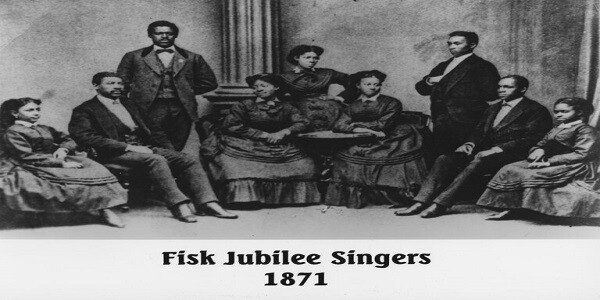






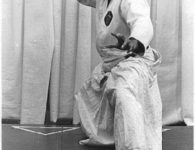
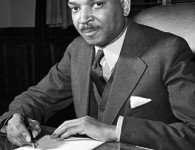
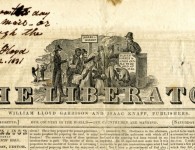


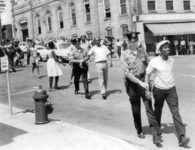


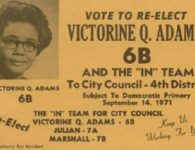
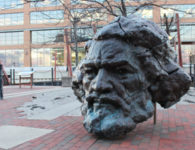

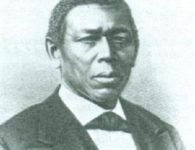

No comments